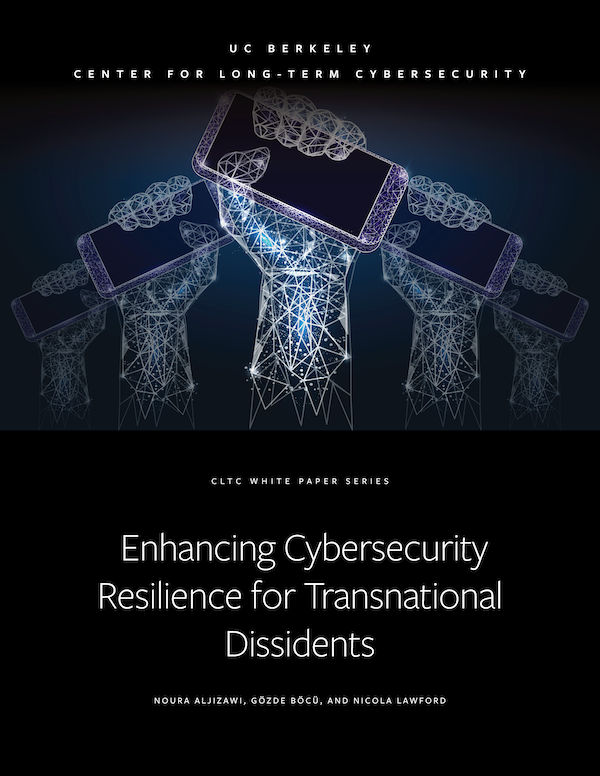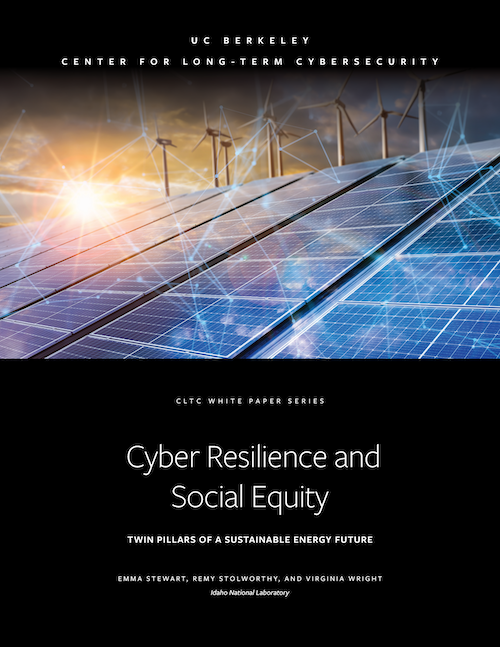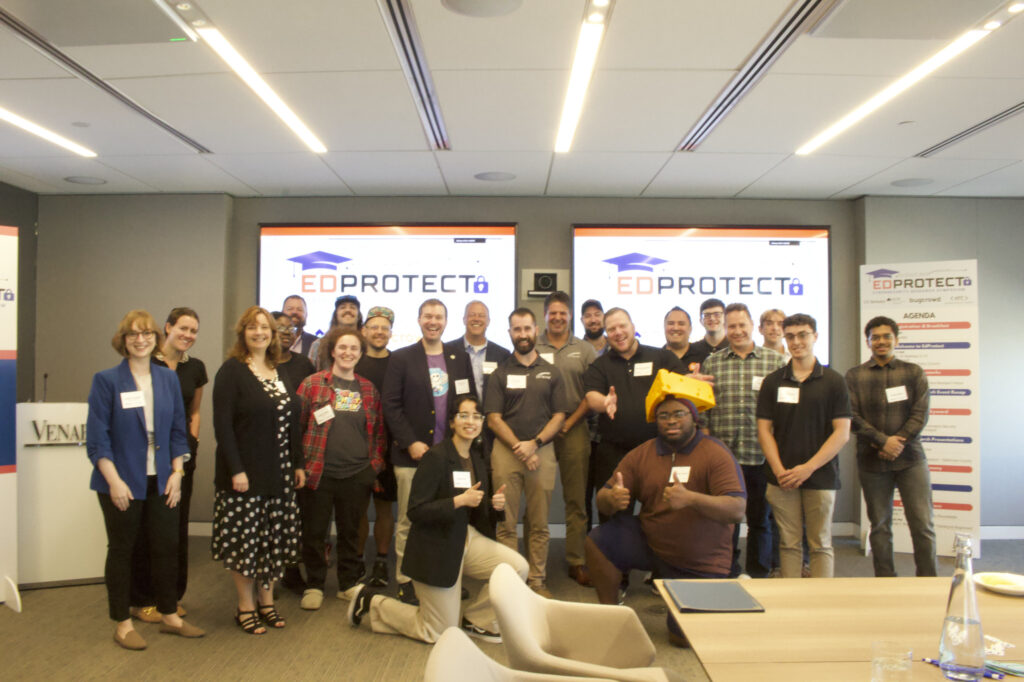In December 2023, CLTC opened a special Call for Papers (CFP) to support Public Interest Cybersecurity research that will increase the body of empirical knowledge about cybersecurity for US-based communities and organizations that often fall through the cracks of cyber defense, such as nonprofits, state and local governments, small utilities, hospitals, or school districts.
After reviewing a pool of competitive proposals, three research teams were selected to present their findings at the 2024 Cyber Civil Defense Summit and have their research published as CLTC white papers.
Below are brief summaries of the white papers.
A Swarm Intelligence Approach to Prioritizing the CIS Controls V8.0 Implementation
Authored by: Hayat Abdulla Asad Cue, Thirimachos Bourlai, and Mark Lupo
A team of researchers affiliated with CyberArch, a cybersecurity clinic at the University of Georgia (UGA) Carl Vinson Institute of Government, authored a report presenting a novel approach for prioritizing cybersecurity actions within an organization.
The report shows how “swarm intelligence” — a type of algorithm derived from patterns of swarms from nature, such as insects or birds — can be used to rank actions outlined in the Center for Internet Security (CIS) framework, a prioritized set of safeguards to help organizations mitigate common cyber attacks.
Enhancing Cybersecurity Resilience for Transnational Dissidents
Authored by: Noura Aljizawi, Gözde Böcü, and Nicola Lawford
A team of researchers affiliated with Citizen Lab, housed in the Munk School of Global Affairs & Public Policy at the University of Toronto, examined the cybersecurity posture, vulnerability, and resilience of exiled women dissidents in the United States, as well as their transnational advocacy and journalism organizations.
As the foundation for the study, the researchers conducted 17 semi-structured interviews with women-identifying victims of digital transnational repression in the U.S., as well as interviews with five current and former staff from digital rights organizations. The paper outlines distinct cybersecurity challenges that dissident women and their organizations face, using a structure based on SAFETAG, a cybersecurity framework customized for small non-profit organizations, with additional themes and insights drawn from the interviews.
Cyber Resilience and Social Equity: Twin Pillars of a Sustainable Energy Future
Authored by: Emma Stewart, Remy Stolworthy, and Virginia Wright
A team of researchers affiliated with Idaho National Laboratory examined the importance of cybersecurity in ensuring equitable access to energy. In an era marked by both cyber and physical threats to electric grids, the paper advocates for “sustainable energy delivery systems that ensure robust defenses without compromising the goals of reducing energy poverty and ensuring energy security.”
The paper encourages greater adoption of technologies that integrate security into the operations of energy systems, including cyber-informed engineering and secure-by-design principles. The paper highlights how these strategies “can protect critical infrastructure and democratize access to secure energy, particularly for disadvantaged communities.” In addition to technical practices, the paper also addresses the workforce development gap, emphasizing the necessity for public-private partnerships and vendor engagement in creating a skilled cybersecurity workforce.







